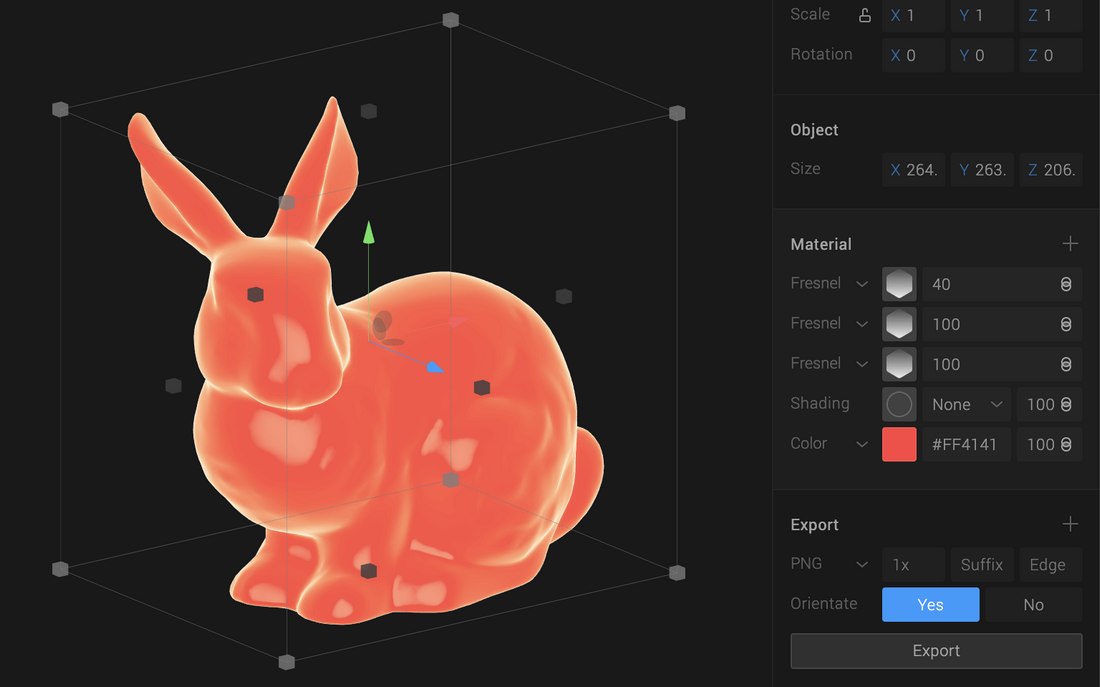Spline, a no-code design tool for creating 3D assets, today announced that it raised $15 million in a seed round led by Gradient Ventures with participation from First Round Capital, NXTP, Chapter One, Vercel CEO Guillermo Rauch, Y Combinator, Webflow CEO Vlad Magdalin and Backend Capital.
Co-founder and CEO Alejandro Leon say that the proceeds, which bring Spline’s total raised to $16 million, will be put toward R&D and expanding the size of the startup’s 20-person team.
“Back in early 2020, before launching Spline, our talks with investors about investing in 3D were met with reactions of uncertainty,” Leon told TechCrunch in an email interview. “A lot has changed since then, and we also progressed a lot. 3D has now become a default content format, alongside Images, audio and video.”
Leon — who says he’s been passionate about 3D since he was a kid, even learning to code because of it — launched Spline in 2020, inspired to make the 3D design process simpler and easier to learn. Spline was accepted into one of Y Combinator’s 2021 batches and launched in beta last March.
Spline lets users create 3D objects, edit materials, add interactivity (including game controls) and animations, and export them — all from a web browser, either from scratch or pre-made objects. The platform’s collaboration features let users work together to fine-tune and comment on assets, and create real-time physics simulations and interactions between those assets.

Image Credits: Spline
Designs can be exported as image files, GIFs and more, or embedded in webpages using a few strings of code.
“Web technologies are now capable of achieving higher levels of quality. AI is also expanding into 3D, and now we have new upcoming tech that builds on a 3D and spatial foundation,” Leon said.
Leon sees generative AI as the next logical step for Spline’s platform, which competes with incumbent tools like Blender and Cinema 4D. Spline recently added AI style transfer and AI texture tools to its suite, and it’s exploring ways to use prompts for content creation using large language models — following on the heels of companies like OpenAI and Meta.
“We believe that AI can empower more designers to easily get started by reducing the friction and complexity of the 3D creation process,” Leon added. “There are a lot of complexities in the 3D creation process, so this is an ongoing effort and overall challenge, but we think AI will be an important part of making 3D creation more accessible for anyone.”
To date, over 1 million creators have joined Spline — a number that left Gradient Ventures’ Darian Shirazi impressed.
“We’re blown away by the product Alejandro and the Spline team have created,” Shirazi, a general partner at Gradient, said via email. “And the community of creators that have found Spline and fallen in love with its capabilities is equally impressive. The future of computing and communication is driven by 3D, and we believe Spline is at the crossroads of creativity … and AI.”
Spline, a no-code design tool for creating 3D assets, raises $15M by Kyle Wiggers originally published on TechCrunch